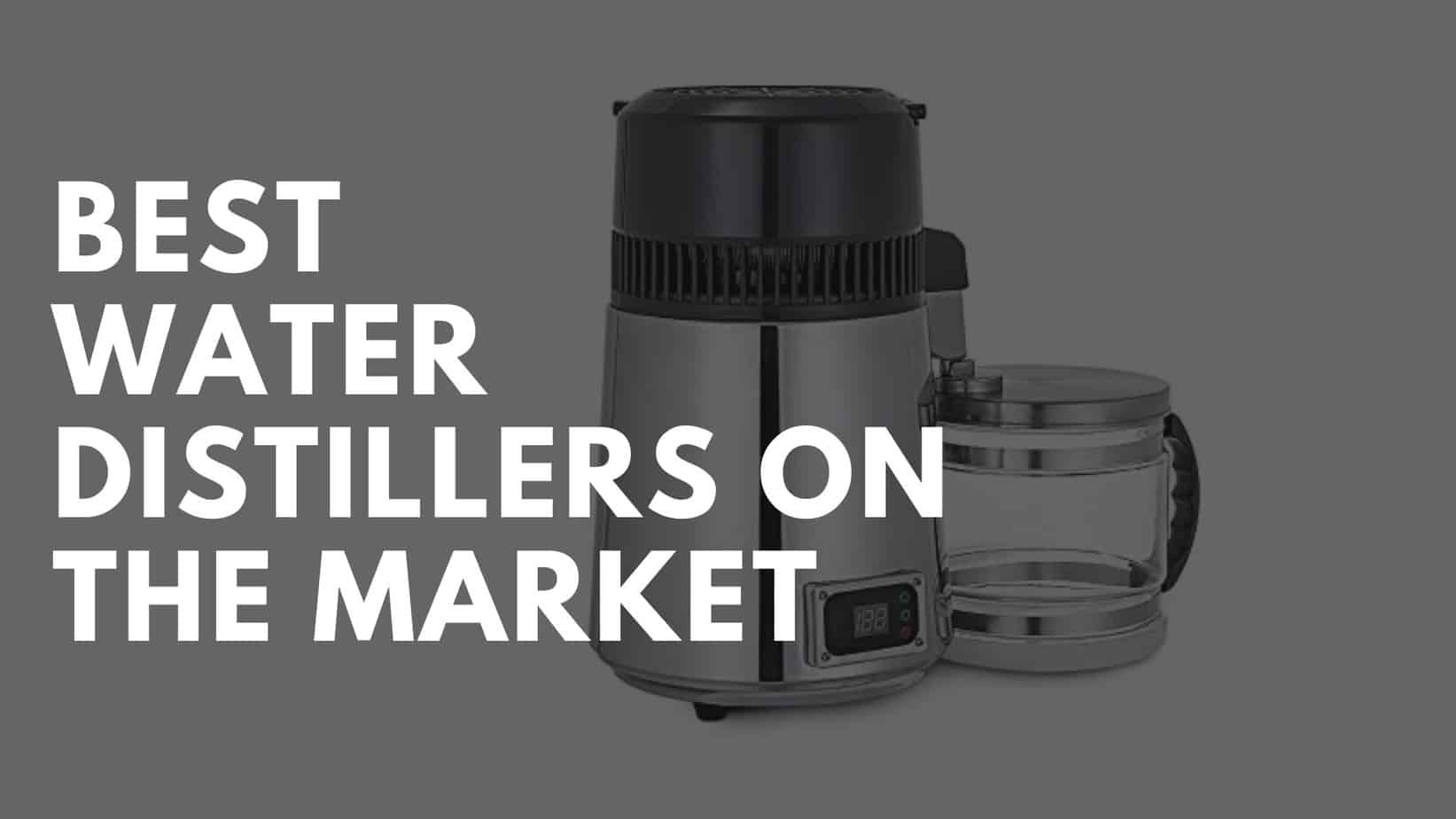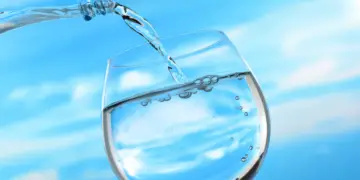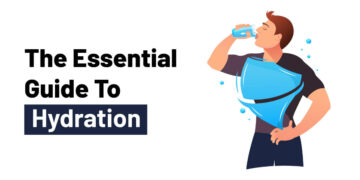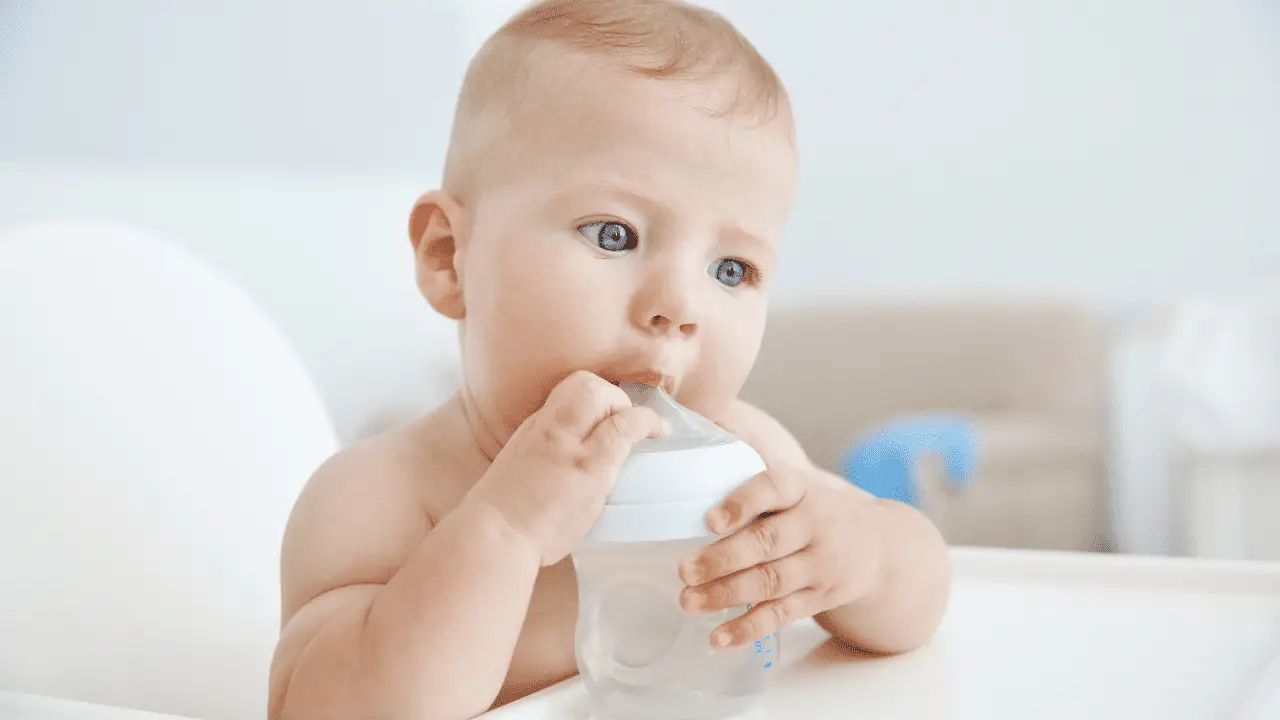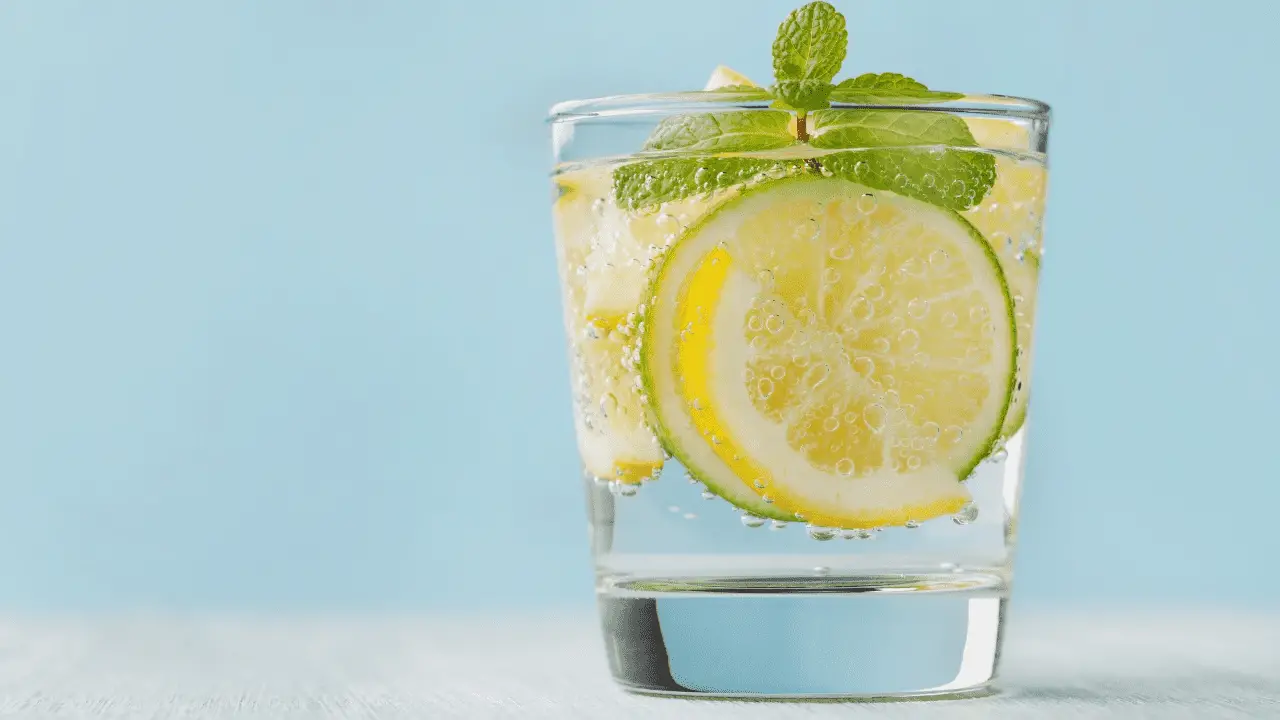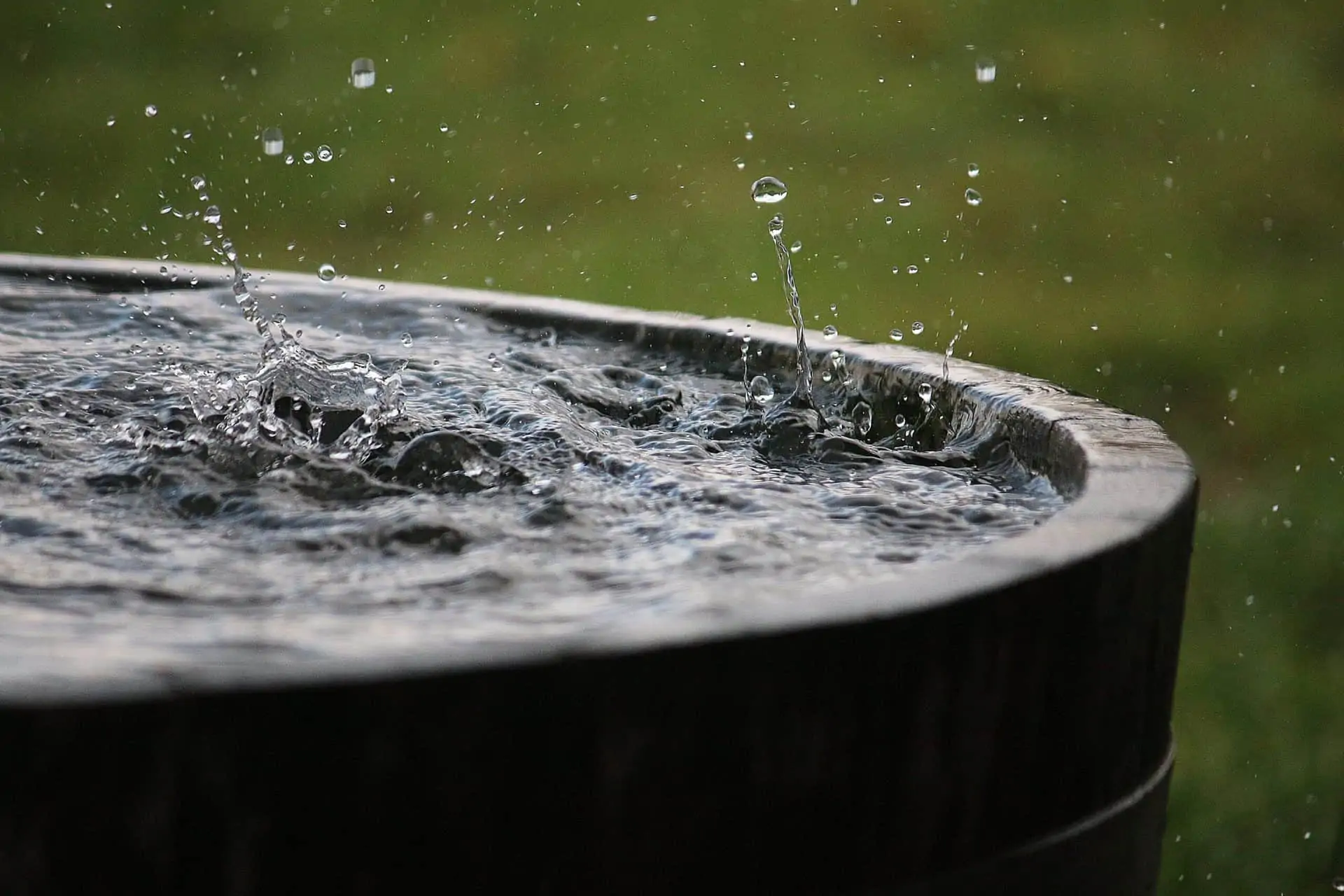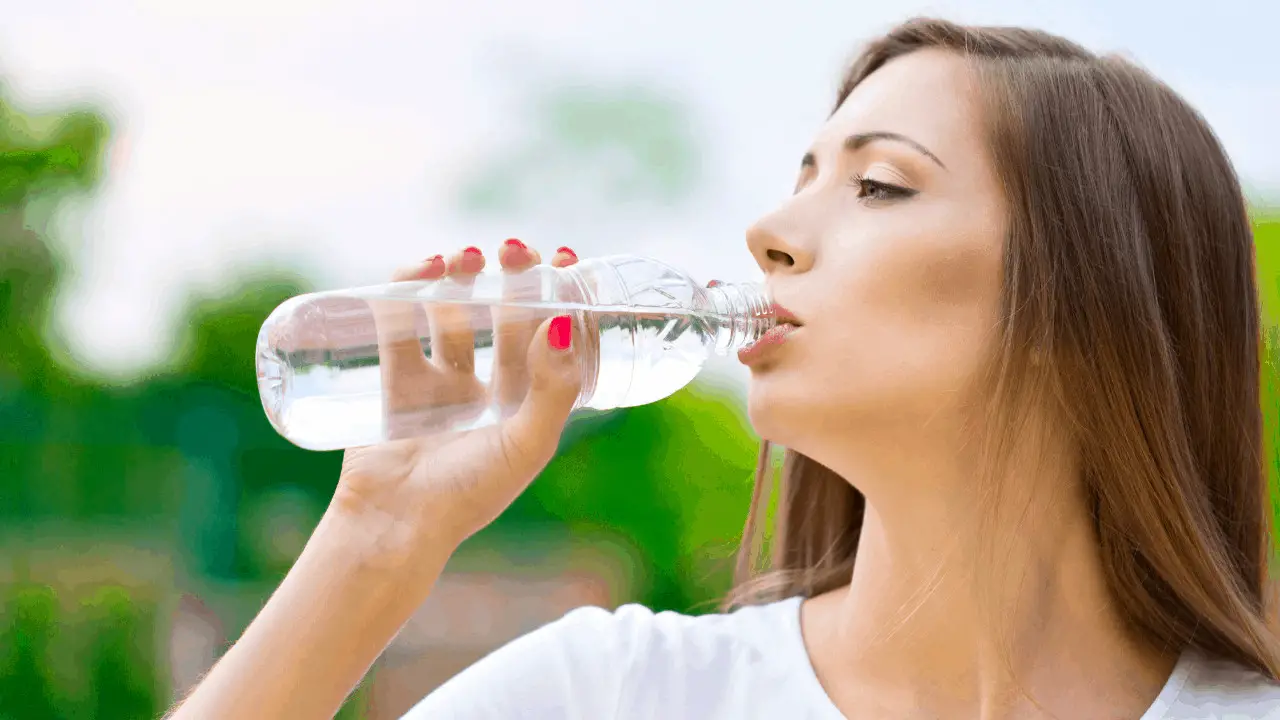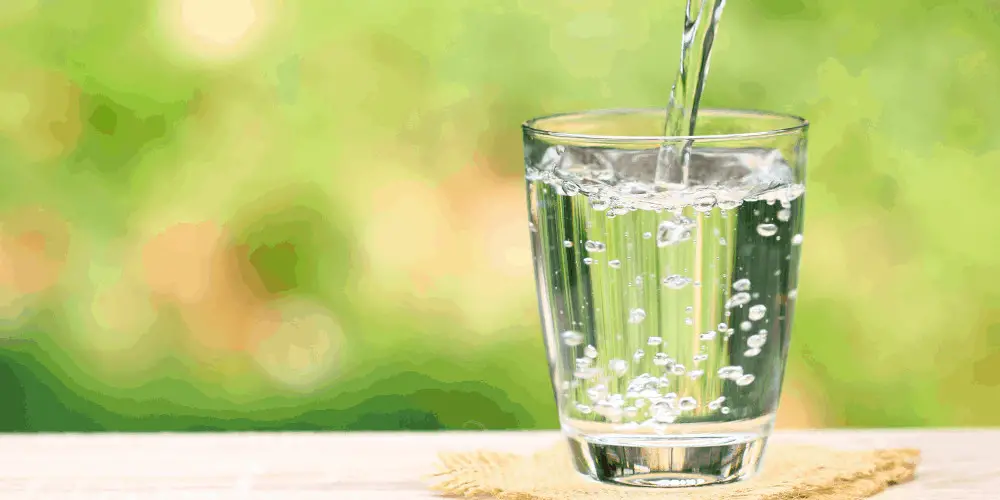
If you’re interested in drinking safe, healthy water, you’ve probably heard of water distillers. These systems are less common than other purification systems, but they can be an incredibly effective way to ensure your water is drinkable and tasty without fail.
If you are interested in learning more about how they work and why they’re a good choice, we’ve got you covered. This guide to water distillers will tell you everything you need to know.
The 5 Best Water Distillers on the Market
Hopefully, by now you’ve decided whether you’re interested in purchasing a water distiller of your own. To help you make your decision, here are five of our favorite water distillers on the market.
Pure Water Mini-Classic
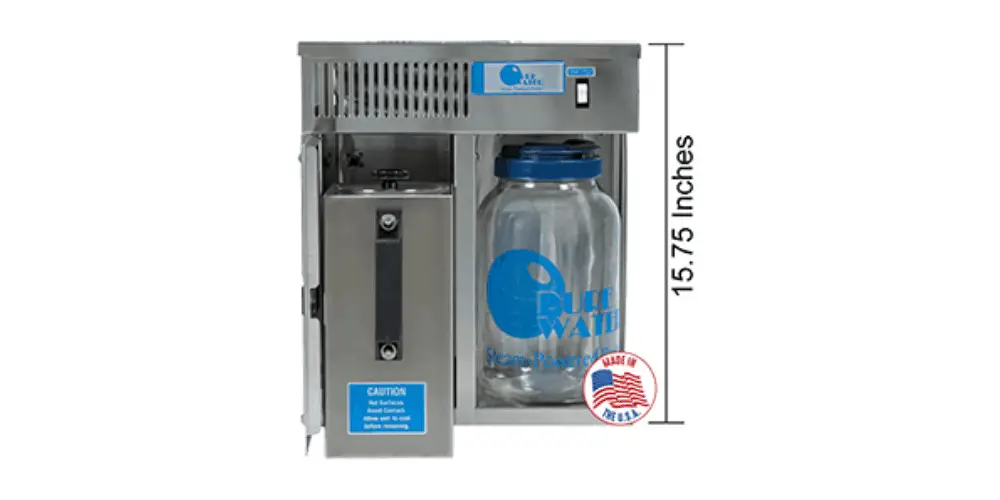
This compact countertop distiller can create up to 3 liters every three and a half hours. It’s perfect for single users or small families in need of a small, manual system.
Waterwise 3200
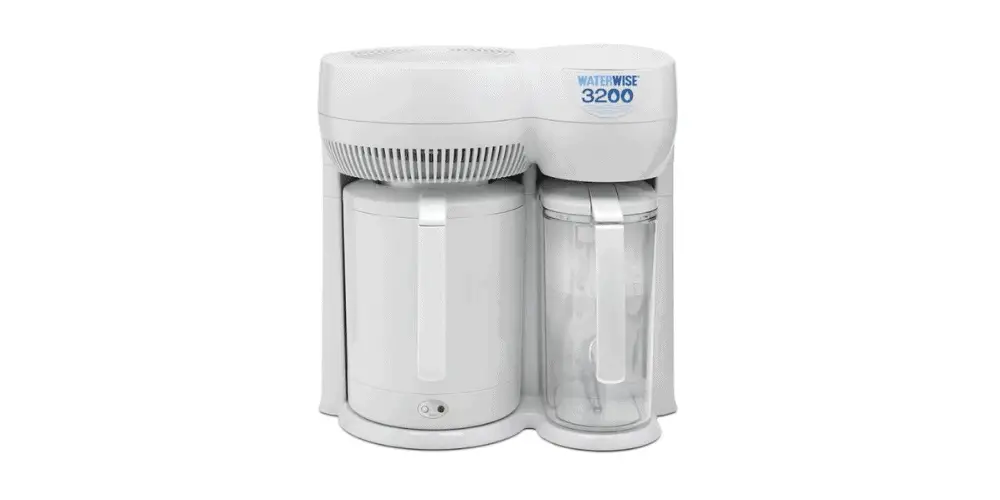
The Waterwise 3200 is easy to use and can produce 1 gallon per 4-hour cycle. The advanced technology shuts off after each cycle making for a hassle-free experience.
Megahome Water Distiller
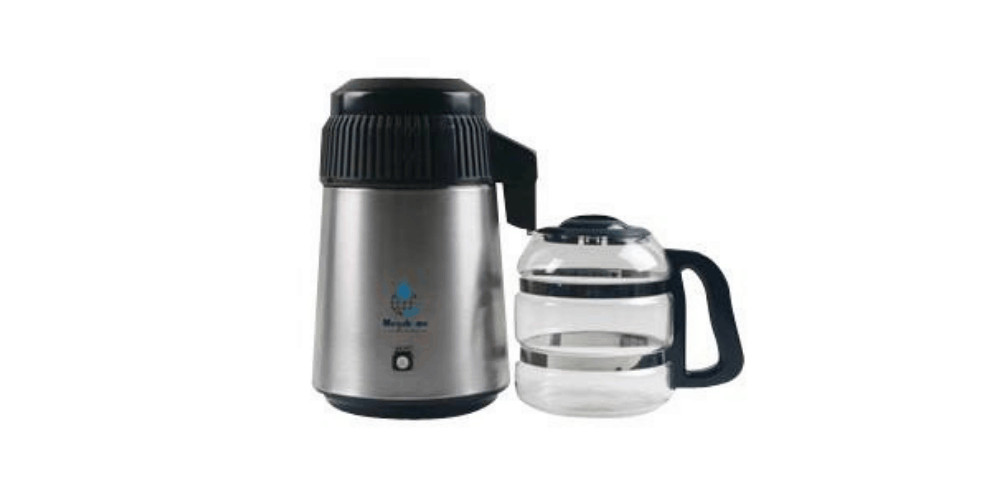
This distillation system is the original system. It comes with a charcoal filter to further purify your water. This durable, compact machine will suit anyone.
Vevor Countertop Distiller
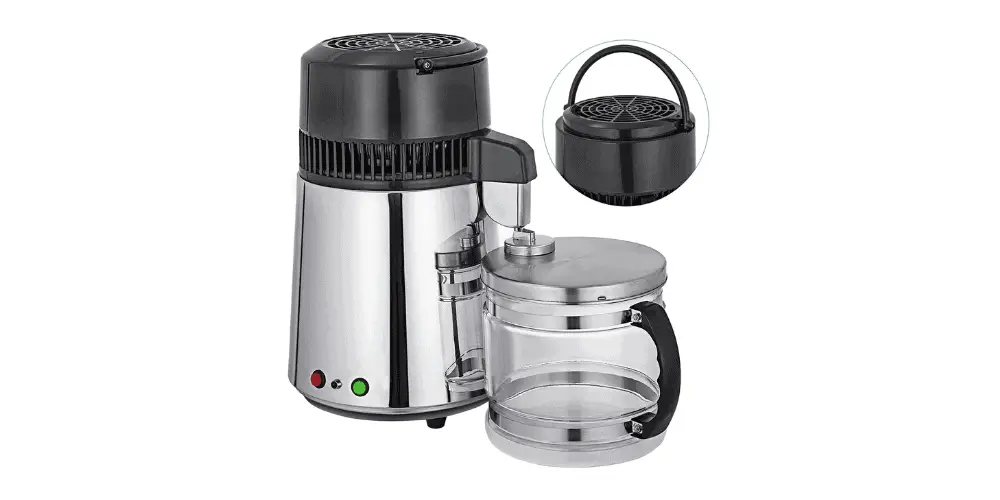
This stylish distiller will look great in any kitchen. Made with high-grade aluminum, stainless steel, and glass, the system is designed to maintain optimal temperatures to ensure true purity each and every time.
CNCShop Water Distiller
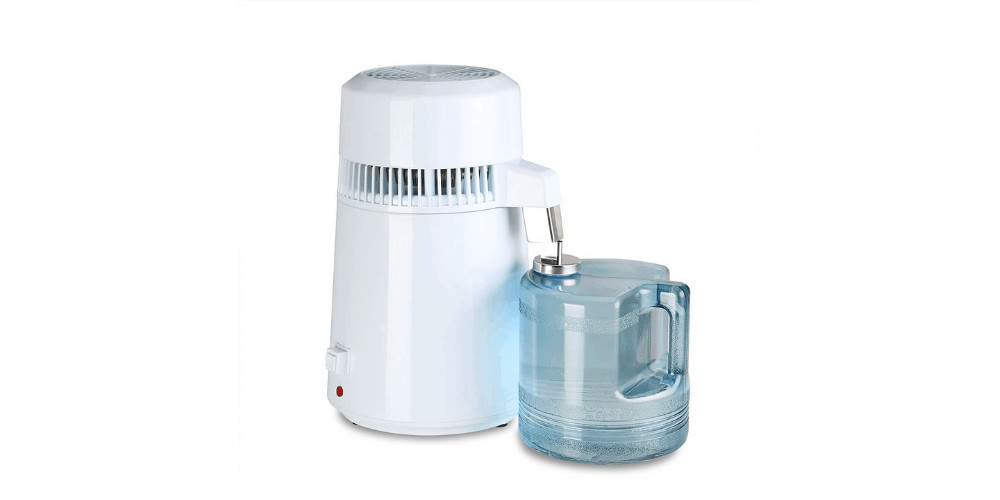
This affordable option has a capacity of 1 gallon and a cycle time of 4 hours. Because it comes with lots of plastic parts, this is probably not the most durable option on our list.
What is a Water Distiller?
A water distiller is used to purify tap water and get rid of any bacteria or contaminants. The distillation process makes a water distiller, unlike a water filter, although some distillers use filters to further purify the water after distillation. The water is then cooled and it returns to its liquid state, while the contaminants are left behind. You are left with pure, mineral-free water that you can safely use for drinking, cooking, and cleaning.
The distillation process is an imitation of the way the Earth cycles work to purify and redistribute water. As the sun heats water from the Earth’s surface, this water turns into vapor, which rises and then begins to cool. Eventually, this cooled vapor returns to Earth in a more purified state in the form of rain, hail, or snow.
Water distillers come in a range of shapes and sizes for different scenarios. Some are compact models built for your kitchen countertop, while others are much larger automatic systems that are programmed to distill all of your water before it comes through your taps.
How Does a Water Distiller Work?
A distiller works by boiling your water until it is completely turned to steam. Because only the water molecules can turn to steam, other undesirable particles are left behind, like minerals and microorganisms. By turning the water to steam you will be able to remove:
- Fluoride
- Arsenic
- Lead
- Viruses
- Bacteria
- Chlamydia
- Giardia
- Fertilizers
- Pesticides
- Antibiotics
- Sodium
- Mercury
- Barium
- Copper
- Chlorine
- And more!
Most manufacturers will outline which elements are removed in the distillation process.
Why Do I Need A Water Distiller?

Depending on the state of your local water supply, a water distiller can be an excellent way to ensure your water is free from any dangerous chemicals or substances. Most water suppliers do a pretty good job of making sure your water is as clean and pure as possible. In most cities in the US, for instance, it is fairly safe to drink tap water from time to time. Nevertheless, there is always the chance of a few minerals or chemicals remaining in the water. If you know your local supply is “hard”, this is a sign that your water has more minerals than it should.
Because local water suppliers aren’t always entirely reliable, we always recommend using a water filter or distiller. Both systems will ensure that your water is safe to consume and to use for cooking and cleaning. Both water filters and water distillers have their pros and cons. Many people prefer distillers to filters because they can produce almost totally pure water. Distillers get rid of all minerals and toxins, while filters tend to leave some behind.
FAQs about Distilled Water
We’ve decided to answer some of the most commonly asked questions about distilled water to help you decide if it’s the right system for you.
Is Distilled Water Good to Drink?
In terms of safety, yes distilled water is perfectly safe to drink as all of the toxins, chemicals, and minerals have been removed. As far as taste goes, this is a matter of preference. Many people find that distilled water tastes flatter than tap and bottled water. Many claim that distilled water has a range of health benefits, although this is yet to be proven scientifically.
Can Distilled Water Go Bad?
Distilled water doesn’t go bad by itself. However, if you’ve ever purchased distilled water from the store, you may have noticed that it comes with an expiry date. Thi is because distilled water leaches minerals from its container. So if it’s stored in a plastic container, it will eventually become mineralized and “go bad”.
Distilled water can also go bad when it interacts with air molecules as it absorbs carbon dioxide from the air and its molecular makeup changes. Most professionals will recommend that you never use distilled water after 2 weeks.
Can Distilled Water Grow Bacteria?
Bacteria can grow pretty much anywhere on Earth where some bacteria already exist. Ideally, bacteria shouldn’t grow in distilled water, as there shouldn’t be any bacteria in the water to begin with. However, when your distilled water interacts with elements in the air and the atmosphere, there is always a chance that bacteria can grow in the water.
For this reason, medical companies that use distilled water for injections have to be extra careful about keeping their water pure. Usually, water is kept at close to boiling point while in storage until the last possible moment.
Can Distilled Water Be Made At Home?
Distilled water can easily be made at home with a water distilling system. You can also make it at home by boiling water and carefully collecting the vapor once it recondenses.
What Are Some Particular Superior Uses of Distilled Water?
Lots of people use water distillers for other reasons than making drinking water. If you need water for any of the following reasons, using distilled water is preferable.
- Steam irons
- Aquariums
- Plant watering
- Car cooling system
- Lab experiment
- Some medical devices
How Does Distilled Water Differ from Other Types of Water?
Many people confuse “distilled water” with other (very similar) types of pure water. If you’ve heard of terms like “sterile water”, “spring water”, or “demineralized water” you may be wondering whether these types of water are the same as distilled water.
Unlike all of these other types of water, the unique distillation process ensures that all of the impurities are removed from the water leaving it almost 100% pure.
Final Thoughts
Water distillers can be an excellent way to ensure your water is safe to drink and use around the house. While some swear by it for their personal health, others simply can’t stand the taste. Whether you choose to invest in your own water distiller, or you choose to opt for a different purification system, it’s crucial to ensure you treat your tap water before consumption. We hope this guide has cleared up any confusion you may have had about distilled water, and helped you to make the decision of whether it’s right for you. Happy distilling!

